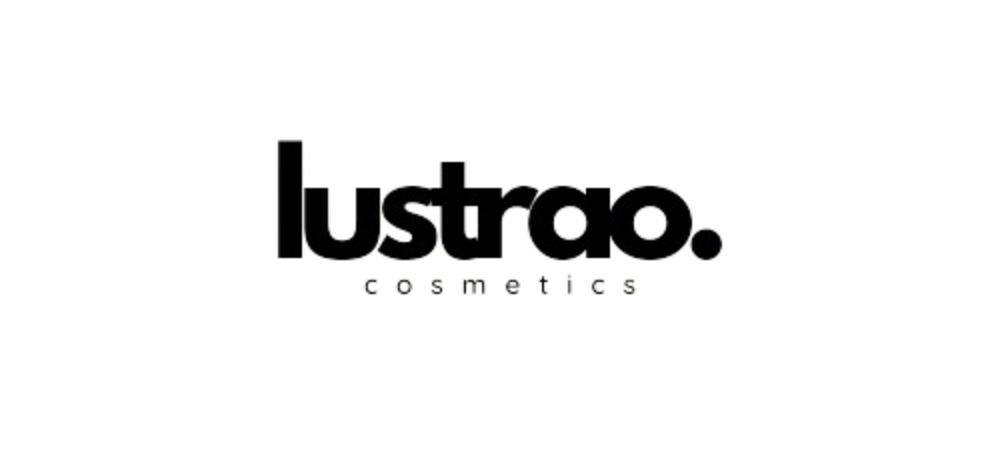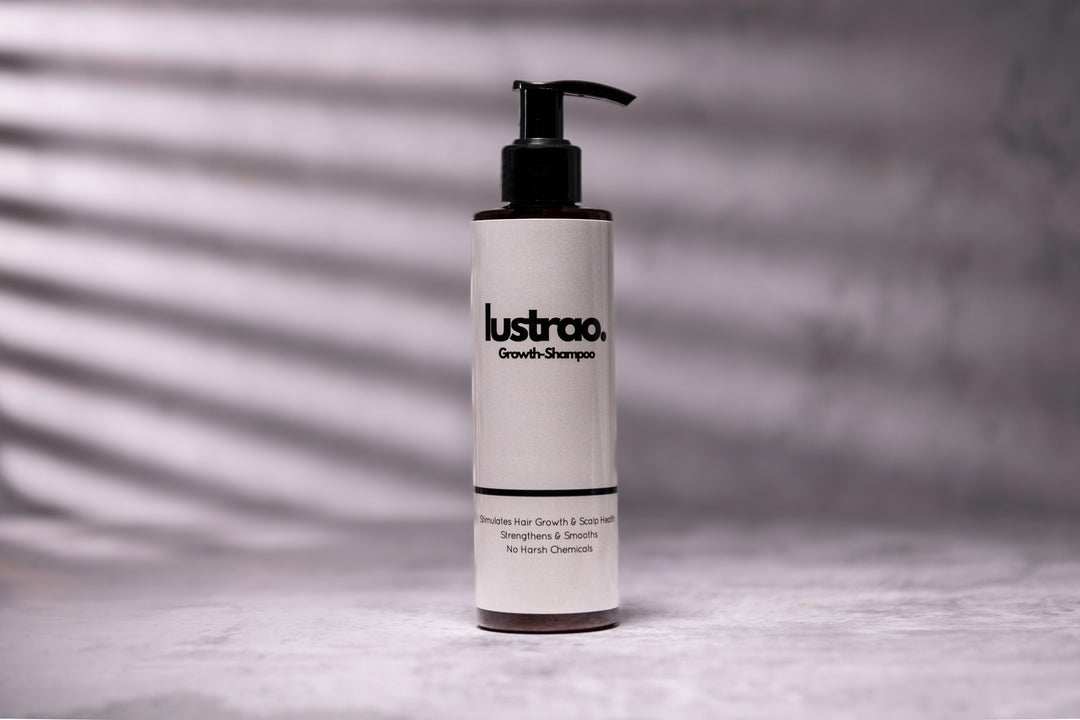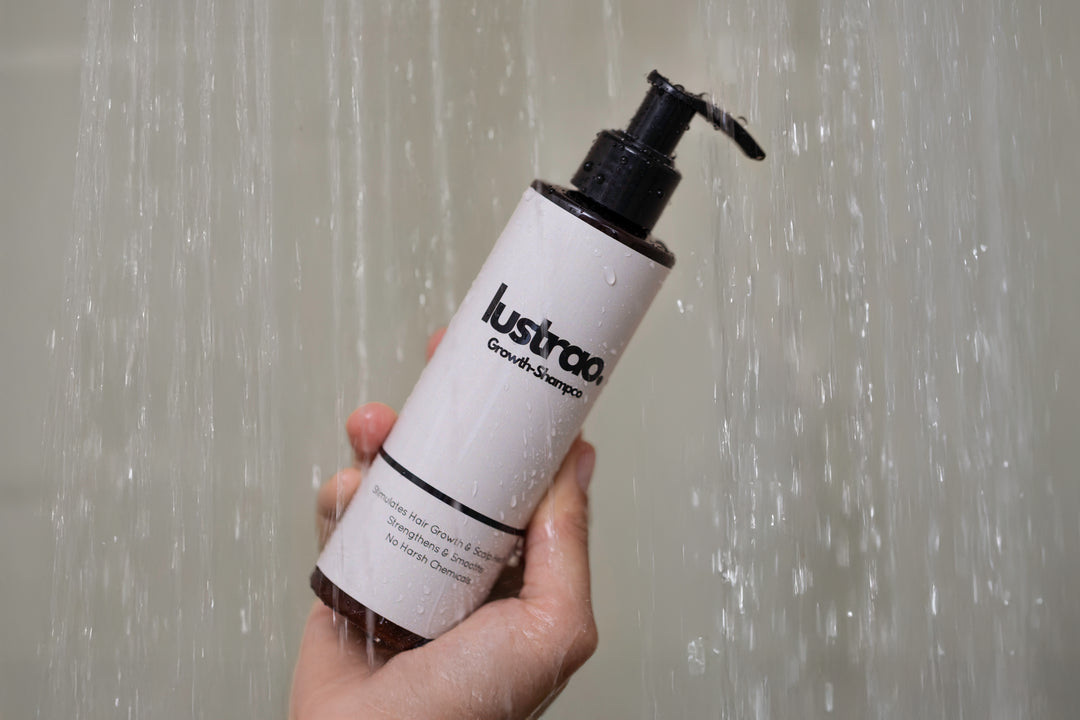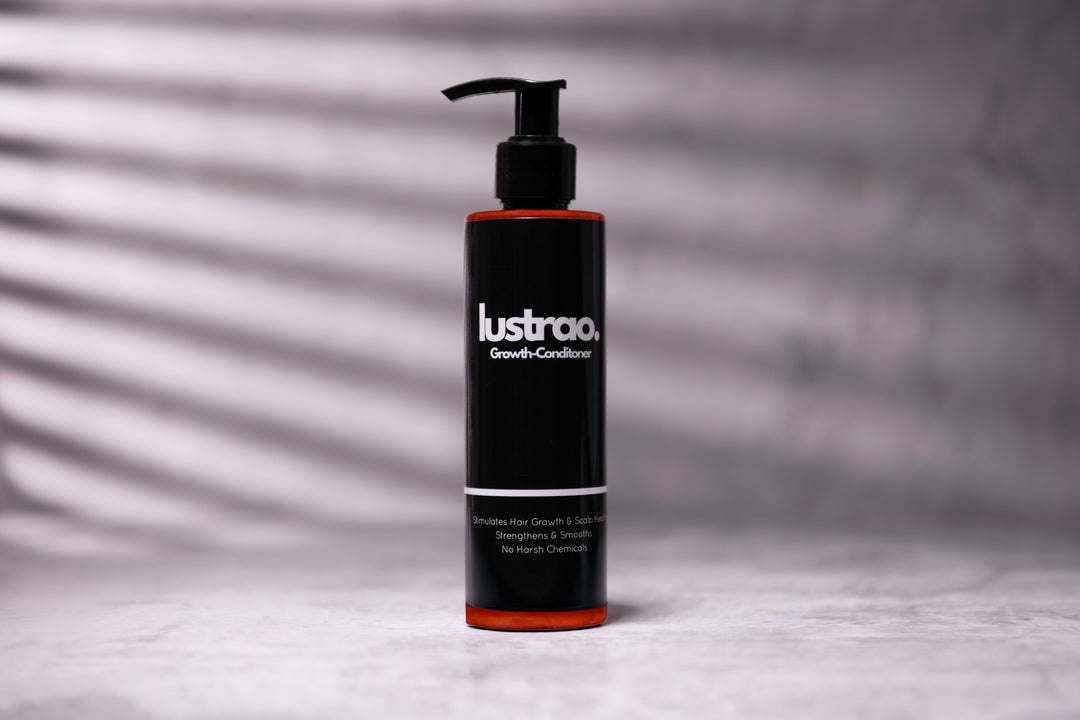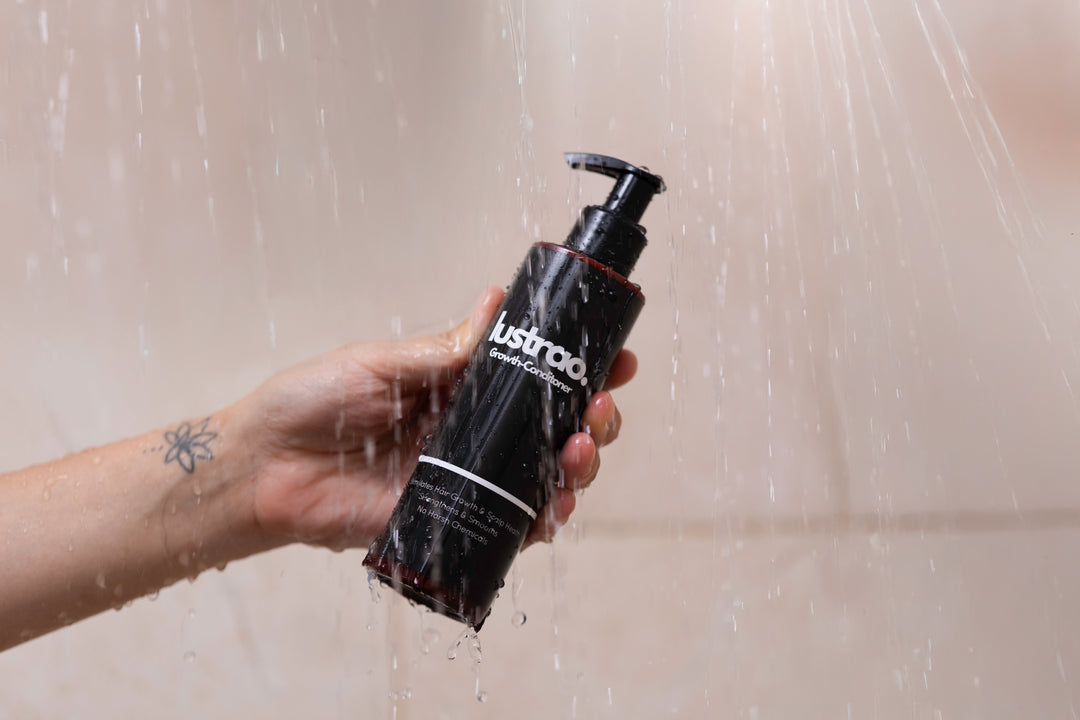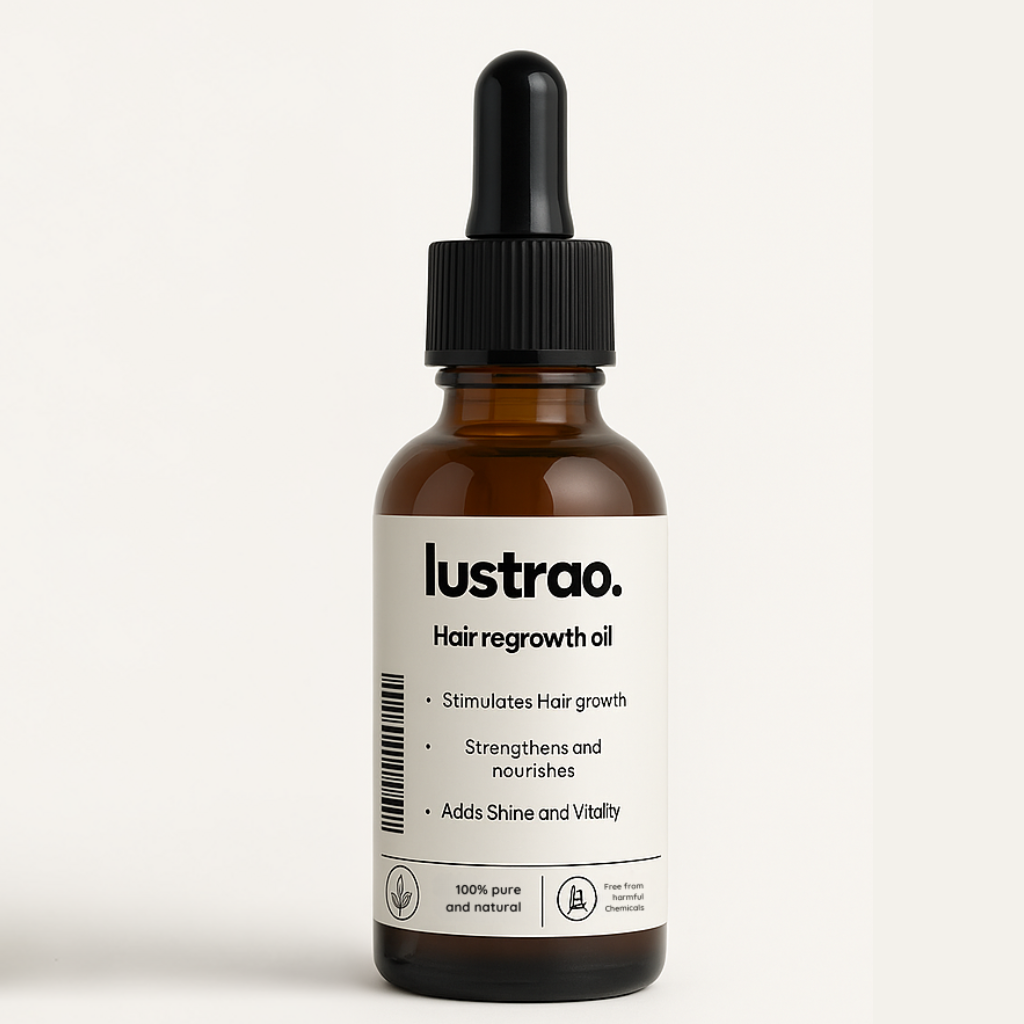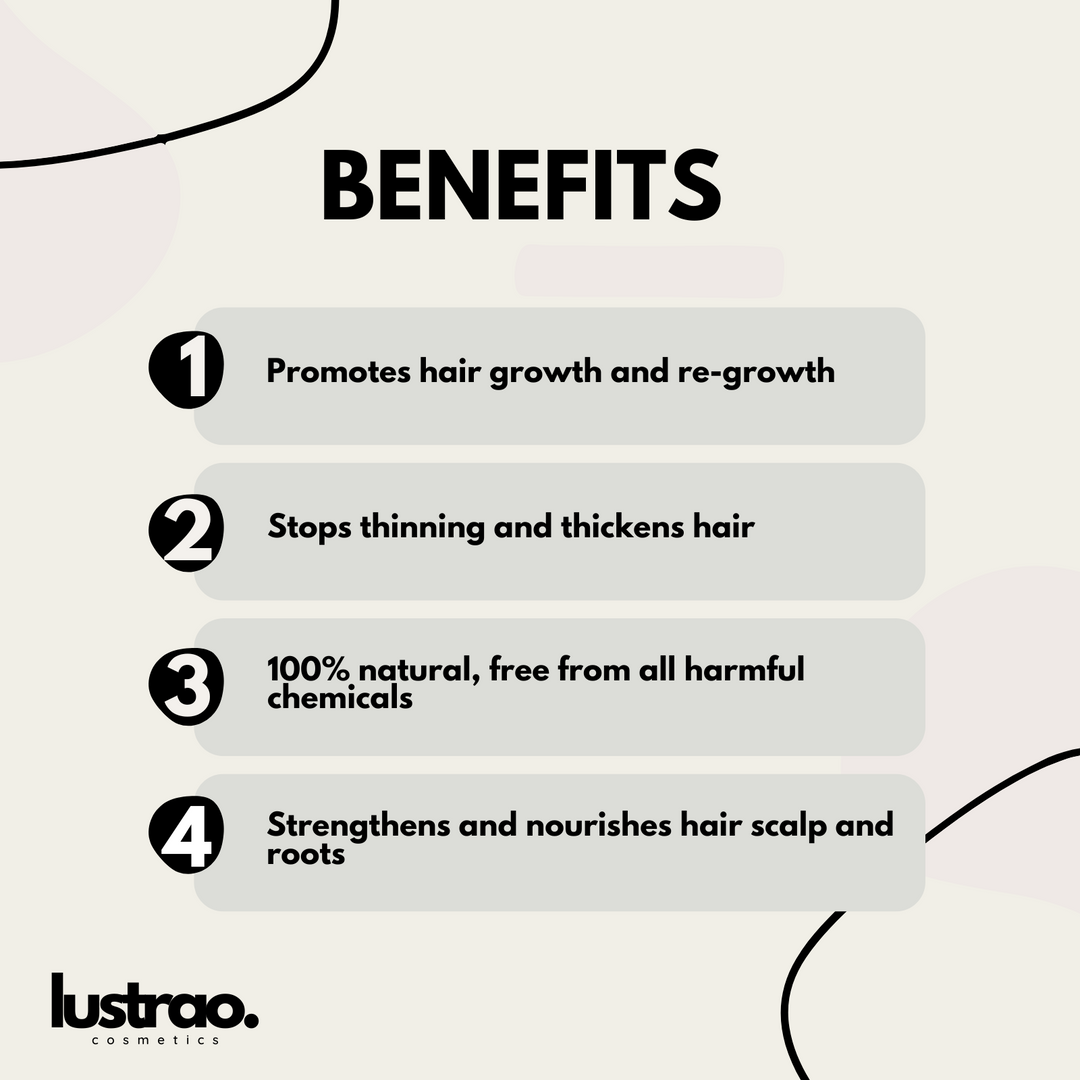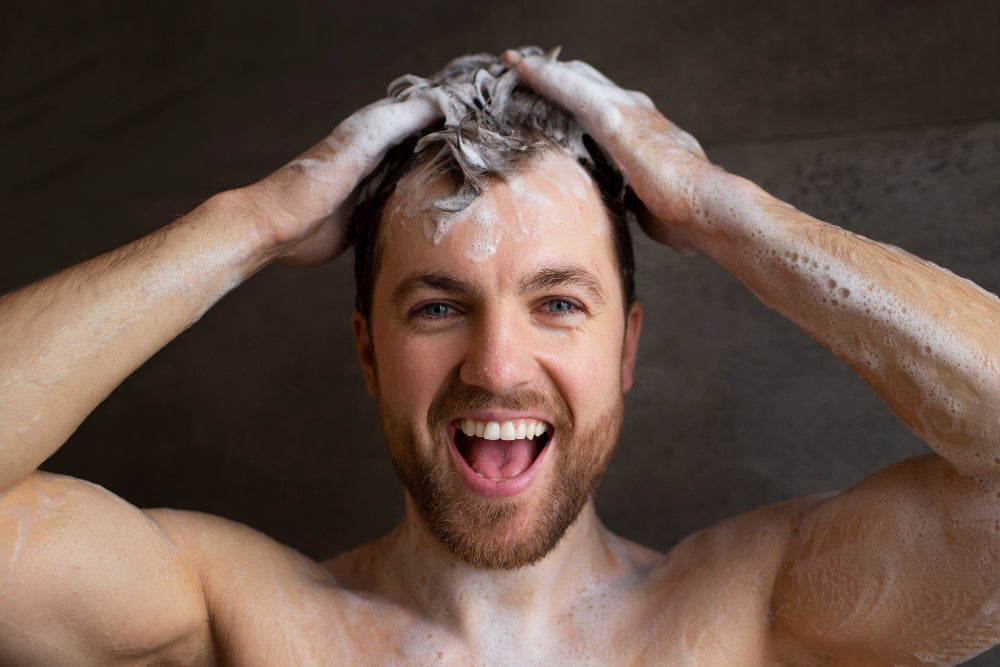
Are You Washing Your Hair Too Much? Here’s What You Need to Know
The Science Behind Hair Washing
Hair washing is essential for removing dirt, sweat, excess oil (sebum), and product buildup from your scalp and hair. However, your scalp produces natural oils that are crucial for maintaining the health of your hair. Over-washing can strip these oils away, leading to a dry scalp and brittle hair.Sebum Production and Hair Health
Sebum is a natural oil produced by sebaceous glands in your scalp. It plays a critical role in keeping your hair moisturized, shiny, and protected from environmental damage. When you wash your hair too frequently, you strip away this protective oil, which can cause your scalp to overcompensate by producing even more oil. This can lead to a vicious cycle where you feel the need to wash your hair more often because it becomes greasy more quickly.The Role of Shampoo
Most shampoos contain surfactants, which are cleansing agents that help remove dirt and oil from your hair. However, not all shampoos are created equal. Some contain harsh sulfates that can be overly drying, especially if used daily. On the other hand, there are gentler, sulfate-free options that are less likely to strip your hair of its natural oils. Understanding the type of shampoo you use and its effects on your hair can help you make informed decisions about how often to wash.Signs You Might Be Washing Your Hair Too Much
If you suspect that you might be over-washing your hair, here are some telltale signs to look out for:
1. Dry and Brittle Hair:
Hair that lacks moisture and feels rough to the touch is a common sign of over-washing. This happens because frequent washing strips away the natural oils that keep your hair hydrated and soft.
2. Dry Scalp:
A scalp that feels tight, itchy, or flaky may indicate that you're washing your hair too often. A healthy scalp should be balanced, with enough natural oil to maintain moisture.
3. Increased Oil Production:
Paradoxically, over-washing can lead to an oilier scalp. When you wash away the natural oils too frequently, your scalp may produce excess oil to compensate for the loss, making your hair feel greasy more quickly.
4. Faded Hair Color:
If you have color-treated hair, frequent washing can cause the color to fade faster. Many shampoos contain sulfates that can strip away both natural oils and artificial hair color.
5. Hair Breakage:
Over-washed hair is often more prone to breakage. This can be due to the lack of moisture, making the hair more brittle and less elastic.
How Often Should You Wash Your Hair?
The ideal frequency of hair washing depends on several factors, including your hair type, scalp condition, lifestyle, and personal preferences.
1. Hair Type
- Oily Hair: If you have oily hair, you may need to wash it more frequently—perhaps every day or every other day. However, consider using a gentle, sulfate-free shampoo to avoid stripping away too much oil.
- Dry or Curly Hair: Those with dry or curly hair should wash less frequently, typically once or twice a week. Curly hair tends to be drier because the natural oils have a harder time traveling down the hair shaft.
- Normal Hair: If you have normal hair that isn’t too oily or too dry, washing 2-3 times a week is usually sufficient.
2. Scalp Condition
- Dry Scalp: For those with a dry scalp, reducing the frequency of washing can help maintain natural oils and prevent further dryness.
- Oily Scalp: An oily scalp may require more frequent washing, but it's essential to use a mild shampoo to avoid exacerbating the issue.
3. Lifestyle
- Active Lifestyle: If you exercise frequently or live in a humid climate, you may need to wash your hair more often to remove sweat and buildup.
- Less Active:** If you have a less active lifestyle, you can likely get away with washing your hair less frequently.
What to Do If You're Over-Washing Your Hair
If you recognize that you're washing your hair too much, don’t worry—there are steps you can take to restore balance to your scalp and hair:
- Gradually Reduce Washing Frequency: Start by spacing out your washes. If you're used to washing daily, try washing every other day, then every third day. This gradual reduction allows your scalp to adjust and helps normalize oil production.
- Use a Dry Shampoo: Dry shampoo can be a lifesaver when transitioning to less frequent washing. It absorbs excess oil and adds volume, helping your hair look fresh between washes.
- Switch to a Gentler Shampoo: If you're washing your hair frequently, consider using a sulfate-free or moisturizing shampoo that’s less likely to strip your hair of its natural oils.
- Incorporate Conditioning Treatments: Use a deep conditioning treatment once a week to restore moisture to your hair and prevent it from becoming dry and brittle.
- Rinse with Water: On days when you don’t shampoo, you can rinse your hair with water to remove dirt and sweat without stripping away natural oils.
FAQ: Common Questions About Hair Washing
Q: Can washing your hair too much cause hair loss?
A: Over-washing your hair can lead to dryness and breakage, which may contribute to hair thinning, but it doesn’t directly cause hair loss. However, harsh shampoos or excessive scrubbing can damage the scalp and hair follicles, potentially leading to shedding.
Q: Is it bad to wash your hair every day?
A: Washing your hair every day can be harmful, especially if you use a shampoo with harsh sulfates. Daily washing can strip away the natural oils your hair needs to stay healthy. However, if you have extremely oily hair or an active lifestyle, daily washing with a gentle shampoo may be necessary.
Q: How can I keep my hair fresh between washes?
A: Dry shampoo is a great option for keeping your hair fresh between washes. It absorbs oil and adds volume without the need for water. You can also try wearing your hair in different styles, such as braids or updos, to disguise oiliness.
Q: Can I just rinse my hair with water instead of shampooing?
A: Rinsing your hair with water can help remove dirt and sweat without stripping away natural oils. It’s a good option for days when you want to refresh your hair without using shampoo.
Q: How do I know if I'm using the right shampoo?
A: The right shampoo should leave your hair feeling clean but not stripped, and your scalp should feel comfortable—not tight or itchy. If you notice excessive dryness, irritation, or oiliness, it may be time to switch to a different shampoo.
Conclusion: Finding the Right Balance
Washing your hair is an essential part of your hair care routine, but it’s crucial to find the right balance. Over-washing can lead to dryness, breakage, and an oily scalp, while under-washing can result in buildup and scalp issues. By understanding your hair type, scalp condition, and lifestyle needs, you can determine the optimal washing frequency for your hair.
If you’re looking to revitalize your hair and prevent damage from over-washing, consider incorporating Lustrao Hair Regrowth Oil into your routine. This nourishing oil is designed to promote healthy hair growth while maintaining the natural moisture balance of your scalp. With consistent use, you can achieve stronger, healthier hair without the risk of over-washing.
Share

